SUMMARY
This is AI generated summarization, which may have errors. For context, always refer to the full article.
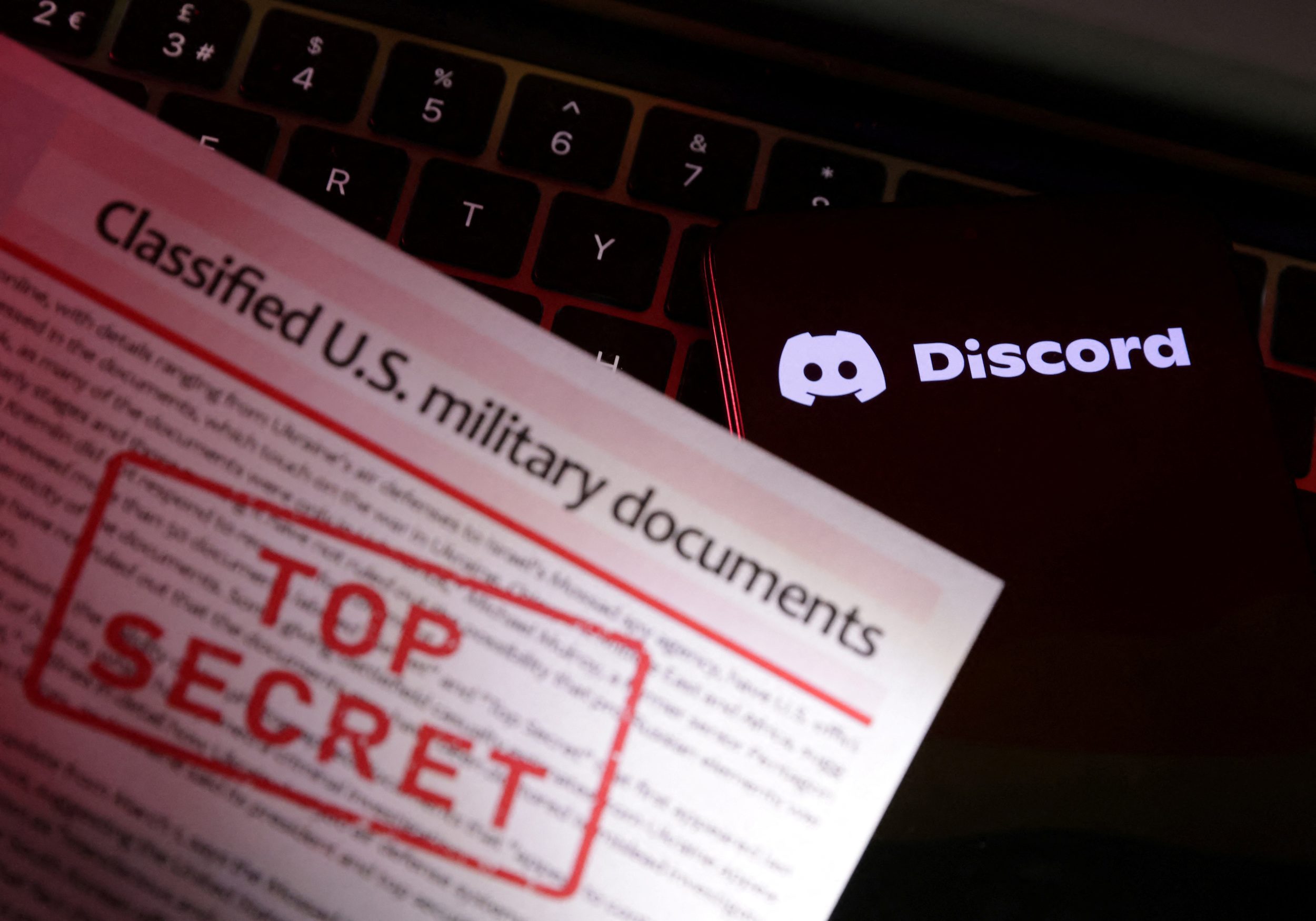
WASHINGTON DC, USA – The latest US intelligence leak illustrates a paradox of spycraft: keeping secrets means limiting their distribution but protecting against dangers like another September 11, 2001, attack means sharing them.
Balancing those twin demands is a key challenge for US President Joe Biden as his administration seeks to prevent leaks while protecting US security and ensuring allies fearful of exposure keep sharing intelligence.
The conflict has been raised anew following the FBI arrest on Thursday, April 13, of Jack Teixeira, a 21-year-old US Air Force National Guard employee, in connection with damaging online leaks of dozens of highly secret US documents that purportedly disclose sensitive details ranging from Ukraine’s military weaknesses to information about US allies.
Reuters has reviewed more than 50 of the documents but has not independently verified their authenticity.
Former officials said this breach would likely prompt a hard tilt toward restricting the flow of information, possibly making it harder for security officials to “connect the dots” and avert dangers like the 2001 attacks on New York and Washington.
“The idea that a 21-year-old airman has access to all of these (documents)…shows that in the post-9/11 emphasis on sharing information so that we can connect the dots, we’ve over-shared information,” said Michael Allen, a former senior National Security Council and congressional official.
“(The US government) will over-react in this case. They will severely restrict the distribution of these types of documents and people who actually need them won’t have access to them anymore. I would urge them to do a more scalpel approach,” he said.
The Justice Department has not said what charges Teixeira would face, although they will likely involve criminal charges of willfully retaining and transmitting national defense information.
The White House and the Department of Defense did not immediately respond to a request from Reuters for comment.
The Pentagon said on Thursday it was reviewing and updating its distribution lists of classified documents.
‘Need to share’
After the 2001 attacks by al-Qaeda militants the US made it easier to share intelligence across government agencies.
The 2004 9/11 Commission Report argued for more information sharing, faulting US security agencies for upholding a “‘need-to-know’ culture of information protection rather than promoting a ‘need to share’ culture of integration.”
This meant, naturally, that many more people could now view classified information.
Some of the documents allegedly posted online by Teixeira would likely have been available to thousands of people with US and allied government security clearances despite being highly sensitive, one US official said.
“One of the things we learned from 9/11 is…we really need to share information,” said Michael Atkinson, a former US Intelligence Community inspector general. “Leaks, unfortunately, can damage that type of helpful information sharing.”
The government moved to tighten access in 2013 after nearly 750,000 classified and unclassified US diplomatic and military documents appeared on Wikileaks, the whistle-blowing platform.
The disclosure, by Chelsea Manning, then a US Army intelligence analyst known as Bradley Manning, remains the largest known leak of sensitive US government materials.
In response, the Obama administration instituted the Insider Threat Program, which required US agencies to upgrade safeguards against unauthorized disclosures, including routinely monitoring and auditing classified computer networks “to detect, monitor, and analyze anomalous user behavior for indicators of misuse.”
‘Different kind of threat’
While those changes may have provided an extra measure of security, analysts say that government security programs are designed to prevent leaks by those motivated by ideology or a desire for financial reward, as opposed to other motives such as insiders who share secrets for self-aggrandizement.
The Insider Threat program requires government employees to report the mishandling of classified materials and their removal from secure facilities, co-workers’ undisclosed foreign travel and contacts and any surge in unexplained wealth. But they cannot track co-workers’ private online activities – for example, posting classified information to impress others.
Steven Aftergood, an expert on US government secrecy at the Federation of American Scientists, said the Obama administration’s program had failed to detect and deter the latest leaks but noted that it was designed to counter a different threat.
“The Insider Threat Program was really tailored as a response to the then-Bradley Manning and WikiLeaks scenario in which the unauthorized disclosures had an ideological or political motive,” he said. “They were a response to perceived injustice, or they were intended as a critique of US policy.”
Teixeira was first identified by the New York Times, which described him as the leader of an online chat group where he shared the secret documents with about 20 to 30 mostly younger people who discussed their love of guns and shared racist memes and video games.
“The Insider Threat Program was looking for other Bradley Mannings,” said Aftergood. “But this latest…set of disclosures was not committed by a Bradley Manning. It’s a new sort of phenomenon in which the disclosure is either showing off for his friends … or is neutral about the substance of disclosure.”
“It is a defiance of security protocols not for any identifiable purpose other than self-indulgence.” – Rappler.com
Add a comment
How does this make you feel?
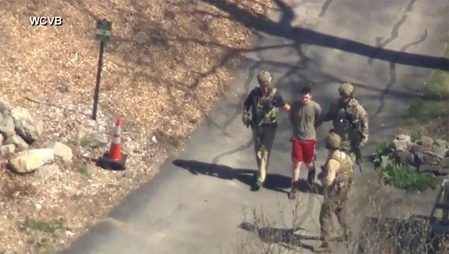
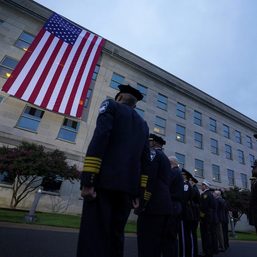
![[WATCH] 9/11: The Philippine connection](https://www.rappler.com/tachyon/2022/09/Screen-Shot-2022-09-11-at-11.23.19-AM.png?resize=257%2C257&crop=159px%2C0px%2C558px%2C558px)

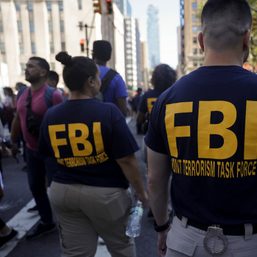





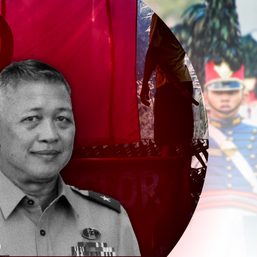
![[OPINION] Spy vs. Spy](https://www.rappler.com/tachyon/2023/08/Spy-vs-Spy.jpg?resize=257%2C257&crop_strategy=attention)
![[PODCAST] KRIMINAL: How government intelligence works](https://www.rappler.com/tachyon/2021/01/kriminal-sq-13.jpg?resize=257%2C257&crop_strategy=attention)
There are no comments yet. Add your comment to start the conversation.